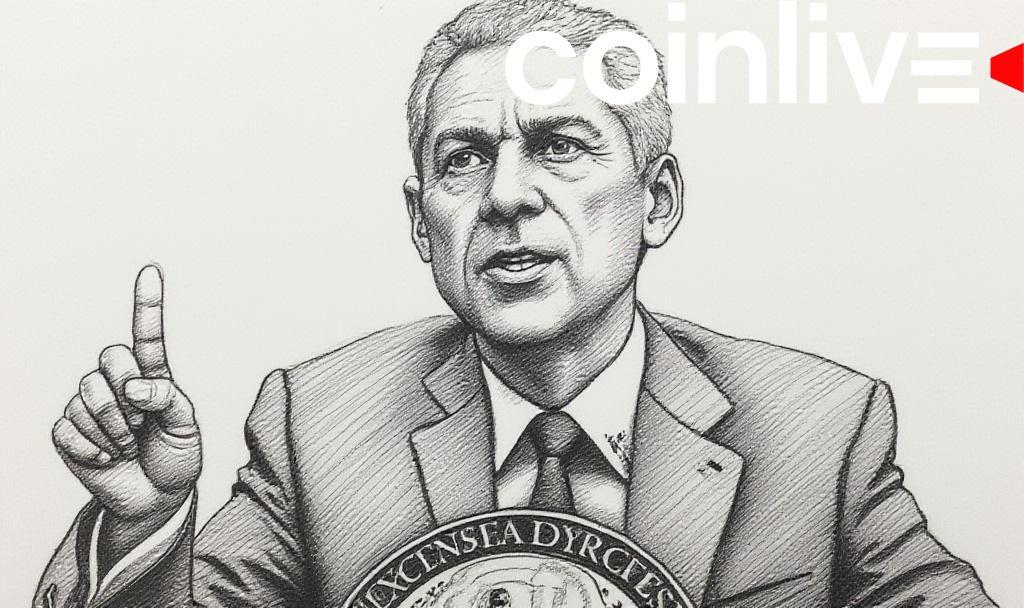- Jerome Powell warns of inflation risks from tariffs.
- Potential impact on interest rates and markets.
- Cryptocurrencies like Bitcoin could face volatility.

Jerome Powell, Federal Reserve Chair, testified before Congress expressing concerns that U.S. tariffs could drive inflation upwards, potentially complicating economic stability.
Powell’s comments underscore the inflationary pressures tariffs impose, influencing monetary policy debates. Markets await the Federal Reserve’s next stance amid economic uncertainty.
Federal Reserve Chair Jerome Powell addressed Congress highlighting the risk of tariffs causing inflation. His testimony emphasizes the potential for higher prices and economic tension. The broader cryptocurrency market could react to these inflationary signals. As Powell stated, “Higher tariffs will likely lead to higher prices down the line” (source).
Powell, tasked with navigating economic policy, is cautious in his approach. His Wall Street testimony focused on tariffs’ potential inflationary effects. Market watchers are closely monitoring the Federal Reserve’s next moves as Powell stresses careful calibration.
Tariff-induced inflation may affect consumer prices and economic growth. Powell’s caution in adjusting interest rates reflects the Fed’s delicate position. The broader market, including cryptocurrencies, stands at a potential pivot. Lower interest rates historically boost cryptocurrencies, but Powell’s watch-and-wait strategy could delay these benefits.
The crypto market, sensitive to economic cues, may see shifts if rate decisions pivot. Historically, tariff-related tensions have pressured markets, and cryptocurrencies are not immune. Powell’s emphasis on measurable economic data before action may stabilize volatile markets.
The macroeconomic impact of tariffs is significant, suggesting potential adjustments in monetary policy. Powell’s insight into tariffs’ far-reaching impacts foreshadows possible interest rate changes. Corrections in Fed policy could ripple through cryptos, affecting liquidity and market stability.








